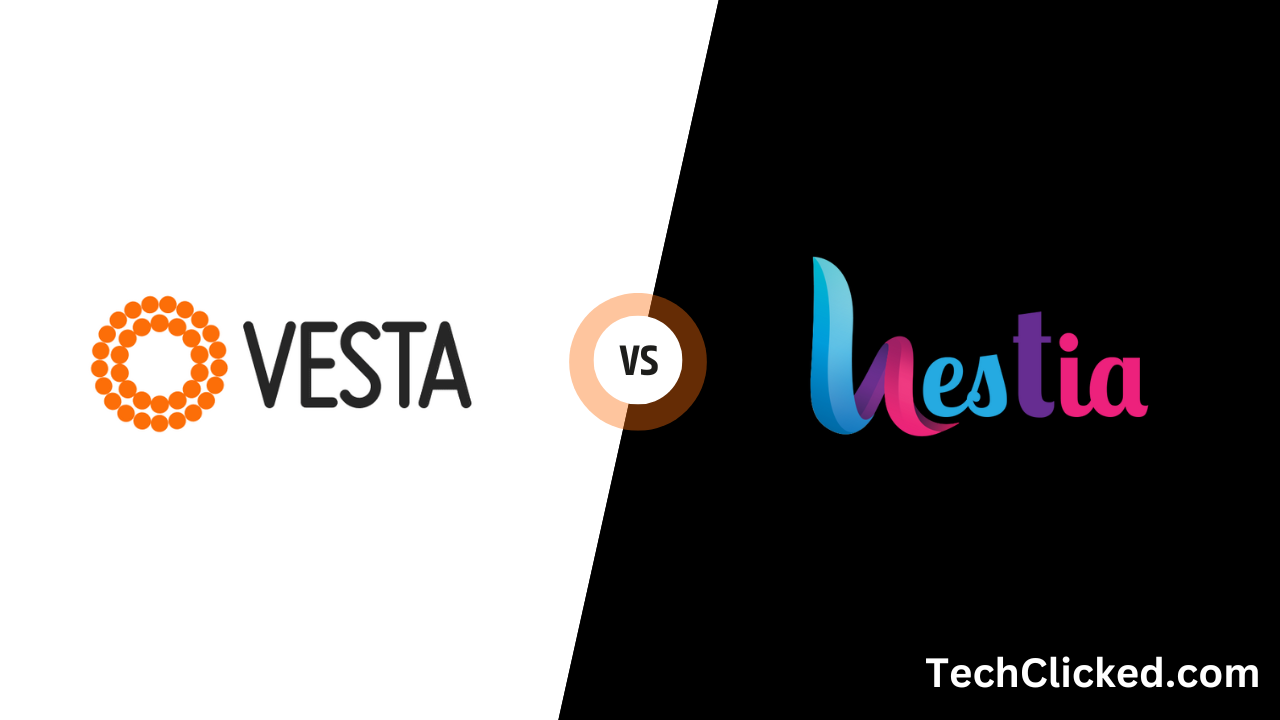VestaCP vs HestiaCP: A Detailed Comparison of Features, Ease of Use, and Support
User Interface and Ease of Use:
VestaCP: VestaCP offers a clean and straightforward user interface. It provides a simple and intuitive design, making it easy for users to navigate and manage their server settings.
HestiaCP: HestiaCP also features a clean and user-friendly interface. It provides a modern and organized design that simplifies the management of server resources and configurations.
Features and Functionality:
VestaCP: VestaCP offers a range of essential features, including domain management, email accounts, FTP access, DNS configuration, and database management. It also supports Softaculous, allowing users to easily install a wide variety of applications.
HestiaCP: HestiaCP includes all the features provided by VestaCP and adds some additional functionalities. It offers built-in Let’s Encrypt support for automatically generating SSL certificates. HestiaCP also provides built-in Two-Factor Authentication (2FA) for enhanced security. Furthermore, it offers simplified management of SSH keys and includes SFTP CHROOT support. HestiaCP has its own Quick Apps feature, which allows users to quickly install popular applications without the need for Softaculous.
Operating System Support:
VestaCP: VestaCP supports a range of operating systems, including RHEL/CentOS 5, 6, 7, Debian 7, 8, 9, and Ubuntu 12.04 to 18.10.
HestiaCP: HestiaCP supports Debian 9, 10, 11, and Ubuntu 18.04, 20.04. It is worth noting that HestiaCP does not support the new RHEL clones.
Community and Support:
VestaCP: VestaCP has a loyal community of users and active forum support. However, it is no longer in active development, which may raise concerns regarding the level of maintenance and updates provided by the VestaCP team.
HestiaCP: HestiaCP, being a fork of VestaCP, aims to address the maintenance concerns and provides more active development. It has an active forum community and ongoing support from the HestiaCP team.
Compatibility and Migration:
VestaCP: VestaCP is compatible with CentOS 7 and has been widely used by CentOS users. It offers a straightforward migration process for CentOS users who are transitioning to a new control panel.
HestiaCP: HestiaCP, being a fork of VestaCP, maintains compatibility with CentOS 7. However, it also offers support for newer operating systems like Debian and Ubuntu, providing more options for users.
It’s important to note that the choice between VestaCP and HestiaCP ultimately depends on individual preferences, specific server requirements, and the desired feature set. Users should carefully evaluate the features, compatibility, and ongoing development of each control panel to make an informed decision.






